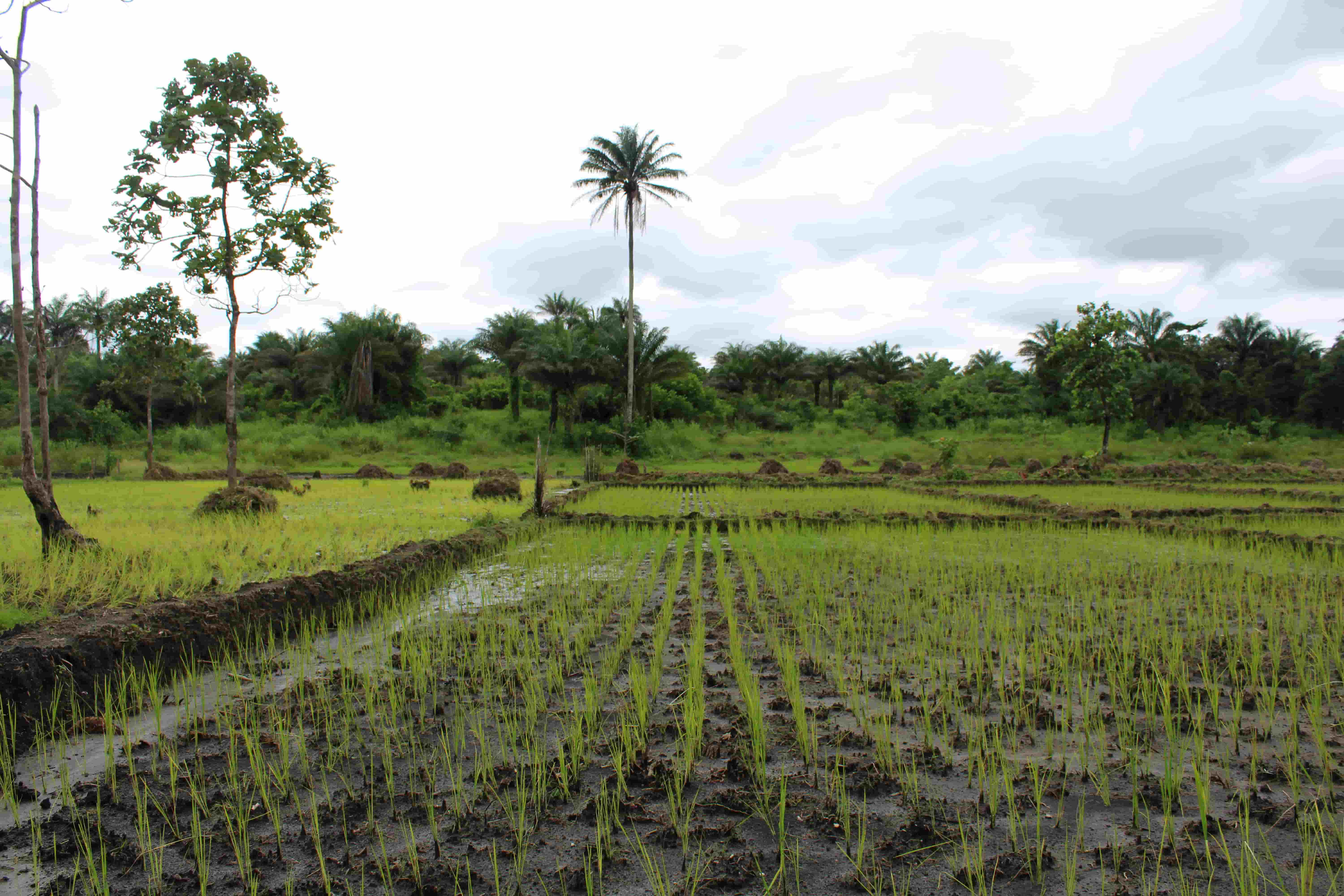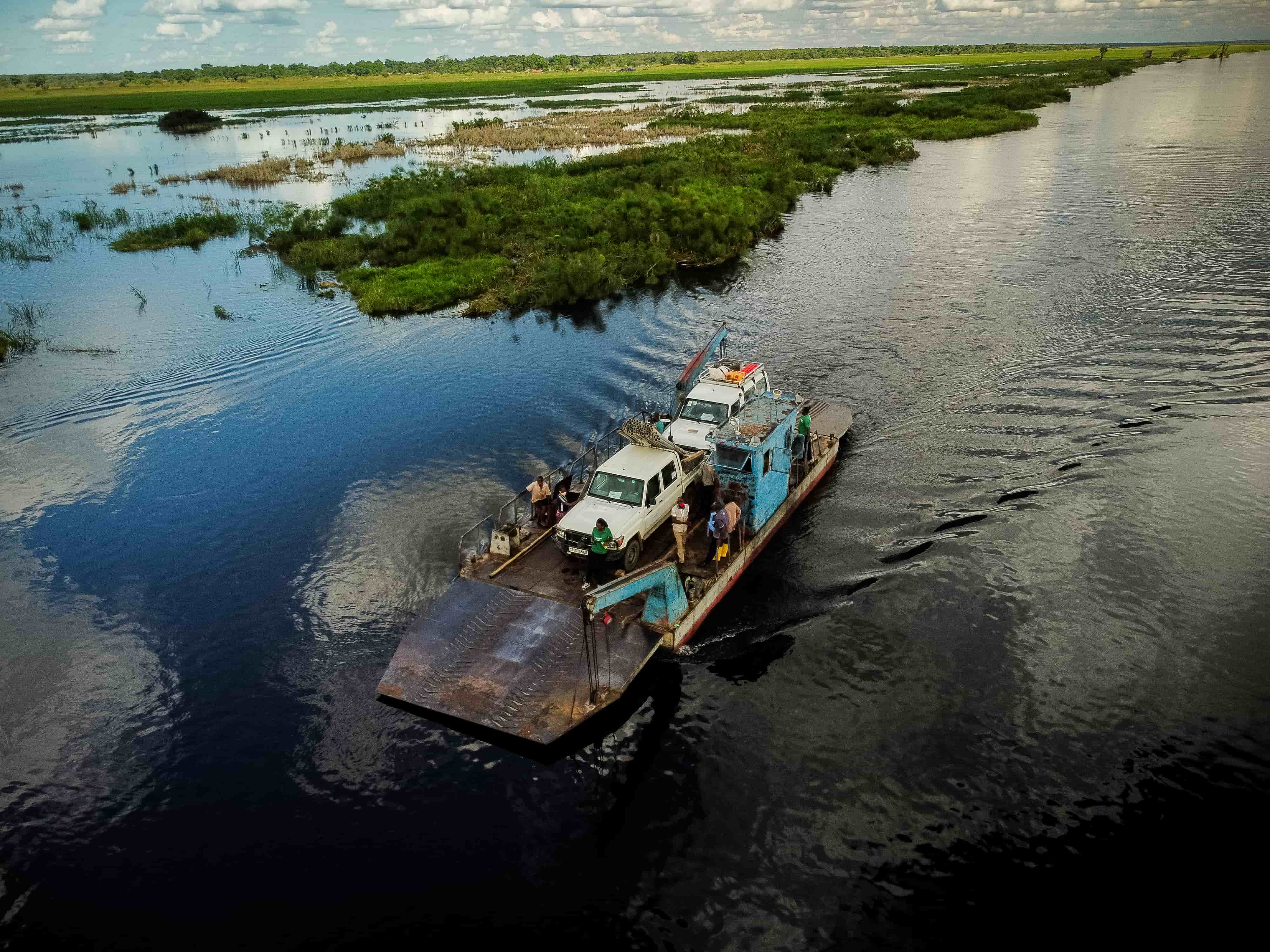About
Aimed at transferability and opportunities for scale-up, this project is grounded in proactive, operational solutions to barriers in funding, human resources, and power in partnership.

The purpose of the Beyond Barriers project is to examine the known, yet persistent barriers related to funding, human resources, and power in partnership in the humanitarian sector for the purpose of providing actionable learning and tools to shift toward a more locally-led response.
With funding support from USAID’s Bureau for Humanitarian Assistance and implemented by Concern Worldwide, in partnership with a team of local researchers, the study focused its applied research activities across five distinct contexts, examining challenges related to funding, human resources, and the power dynamics that govern partnerships for local actors. Over the course of the project, Beyond Barriers collected an unprecedented body of evidence, including findings from five stakeholder workshops, 293 key informant interviews, and 34 focus groups with more than 300 community members across the five study contexts coupled with more than 800 survey respondents in 60 countries, all of which provide the foundation for the recommendations and operational tools developed through this project.
Since 2016, making humanitarian response more locally-led has been the subject of much international discussion. Despite this and a number of commitments and reforms by actors throughout the sector, progress remains slow. The Beyond Barriers project began in an effort by Concern Worldwide to better understand the cause for delay and provide actionable tools for actors throughout the system to use to push for a locally-led response that moves beyond rhetoric and define operational solutions to overcome the barriers to a more localized humanitarian response. To strengthen this operational focus, the project centers on localization challenges related to funding and human resources, with particular attention on power dynamics within partnerships. There is a clear need to analyze the opportunities and challenges that pertain specifically to these issues from an on-the-ground programming perspective, with a view to document, replicate, and scale up successes, as well as to better understand strategies for overcoming common challenges that are experienced across humanitarian contexts.
The obstacles faced by local and national organizations engaged in humanitarian response are inherently local and contextual but are impacted by broad international policies and systems. To best represent the diversity of these challenges, the project has highlighted five distinct country contexts (Bangladesh, the Democratic Republic of the Congo, Malawi, NW Syria, and Somalia) that vary by geography, humanitarian crisis, conflict drivers, and current level of locally-led humanitarian response. The selection of contexts for comparative analysis was based on a range of contextual criteria aimed at maximizing the scope and replicability of research findings. The research in this project utilizes both qualitative and quantitative research methods that amplify the voices of local and national actors, condensing lessons learned into practical tools and recommendations for stakeholders at every level of the humanitarian system.
Project Phases
September 2021 - October 2024
Study Contexts & Focus

Funding
Funding for Local/National (L/NNGOs) will focus on three categories:
-
Funding Landscape
The Funding Landscape refers to the general donor environment that exists in the countries where the research will be conducted. The research will focus on what funding opportunities there are for L/NNGOs and the barriers to accessing this funding.
-
Implementation
Implementation refers to all of the tasks L/NNGOs are required to complete in order to obtain funding and to carry out the projects including proposal development, reporting and financial compliance.
-
Quality Funding & Innovation
Quality Funding & Innovation considers the nature of partnerships and will explore the potential application of innovative models that have been successful in other contexts.
Human Resources
Human Resources will focus on three categories:
-
Recruitment & Retention
Recruitment & Retention will focus on the practices of international actors that lead to detrimental results for L/NNGOs and the steps that the sector needs to take to avoid the problems that L/NNGOs have with staff retention.
-
Planning & Policies
Planning & Policies refers to the HR structures of INGOs and L/NNGOs, as well as considering the effects of policies such as nationalization of staff on achieving a more locally led response.
-
Training & Capacity
Training & Capacity refers to the reported strengths and weakness of L/NNGOs and how the humanitarian sector has worked to enhance those strengths. The research will work to understand what capacity means, best practice in the sector for strengthening it, and what changes international actors can make to better support existing local capacity.
Power in Partnership
The question of power in partnership is a key component in achieving the transformative change required to achieve localization. Funding and Human Resources are two of the major structural themes that need to be addressed, however the issue of power and its impact on the relationships between different stakeholders must be at the foundation of the approach if there is to be the shift in mindsets, attitudes and behaviors required. The research project will approach this question from three starting points:
-
Trust
Trust refers to the relational and behavioral obstacles to successful partnerships and coordination. Trust built can pave the way for innovation and productive risk-taking, while a breakdown of trust can ruin a relationship and halt a project. Without trust, shifting power and resources to local actors is impossible.
-
Risk
Risk refers to the various risks faced by L/NNGOs in humanitarian response implementation. These risks can be related to security, reputation, or most frequently discussed, financial in nature. This topic will focus on the critical areas related to risk aversion and risk sharing required to achieve a more locally led response.
-
Perception
Perception refers to the reliance of actors across the sector on their interpretations of the capacities and intentions of other actors. Too often, these perceptions govern major decisions and appetites to shift resources and power to local actors. These perceptions and their origins must be interrogated, and efforts put in place to more accurately measure the true readiness of local actors to take the lead.
Who's Involved?
Our Research Partners
Our Research Consultants
-

Mark Johnson
Senior Technical Advisor for Localization, Concern Worldwide
-

Kirk Prichard
Vice President for Programs, Concern Worldwide US
-

Rachel Isely
Humanitarian Programs Director, Concern Worldwide US
-

Ariana Marnicio
Senior Program Specialist, Concern Worldwide US
-

Melody Wei
Senior Program Officer, Humanitarian Training
-

Oona Mitchell
Program Officer
-

Erin McCormack
Program Officer, Concern Worldwide US










